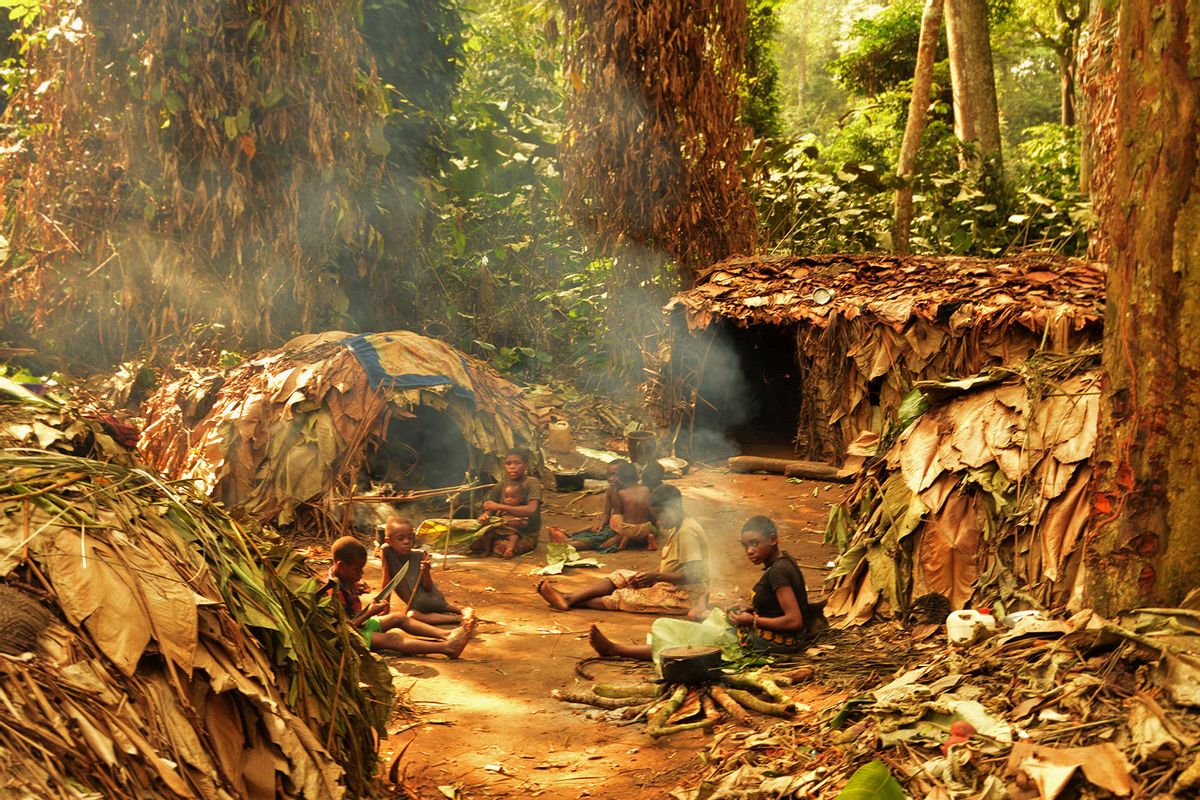A new study published in the journal Developmental Psychology proves it really does take a village to raise a human. The study’s lead author, Dr. Nikhil Chaudhary, an evolutionary anthropologist at Cambridge University, found that infants in hunter-gatherer societies received “attentive care,” and physical contact, for nine hours a day from a maximum of 15 different caregivers. The findings suggest that children are “evolutionarily primed” to expect high levels of care from several people, in addition to their parents. Notably, the mother's support system in the observed groups would respond to half of the infant's cries.
Chaudhary said that for more than 95 percent of human evolutionary history, humans lived in hunter-gatherer societies where mothers and infants had more support than children do now in Western societies. “Contemporary hunter-gatherer societies can offer clues as to whether there are certain childrearing systems to which infants, and their mothers, may be psychologically adapted,” Chaudhary said in a statement.
Dr. Chaudhary and his colleague Dr Salali studied the Mbendjele BaYaka hunter-gatherers who reside in the Republic of Congo. Through their observations and analyses, they found that older children and adolescents are very involved in caring for infants, which they speculated could also boost their confidence as caregivers and act as a protector against anxiety as a first-time parent. The authors of the study also said that in hunter-gatherer communities, childcare is viewed as a way to give parents a break. In Western societies, it’s often primarily used to allow parents to work. Ratios of caregivers to infants were five-to-one in the observed hunter-gatherer groups. In the U.S., daycare centers typically have one caregiver looking after multiple children.
“The nuclear family system in the west is a world away from the communal living arrangements of hunter-gatherer societies like the Mbendjele,” Chaudhary said.



Shares